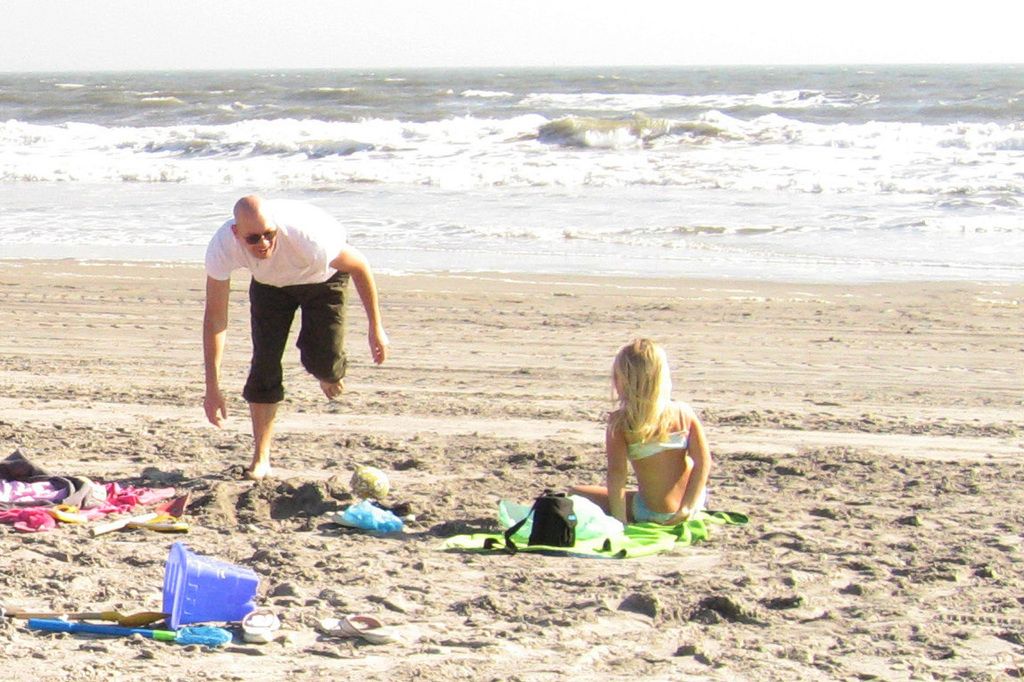Armenia explores route for European Union membership
Cultivating Europe: Armenia's New Strategic Partner
After a fallout with Russia, Armenia is steering towards the European Union as its new strategic ally. The EU is enthusiastically reciprocating, but it's a different story with other EU institutions.
Recently, whispers have been swirling about Armenia's government seriously considering the EU accession process. On March 9, Armenian Foreign Minister Ararat Mirzoyan made public comments during a diplomatic gathering in Turkey, saying, "Armenia is exploring membership in the European Union."
The European Parliament, the EU's legislative branch, quickly responded with a resolution on March 13, endorsing a closer relationship with Armenia and urging a lasting peace deal between Armenia and Azerbaijan. The resolution encouraged the EU to support Armenia in anchoring itself more firmly in the community of democracies.
Armenian Prime Minister Nikol Pashinyan seized the opportunity, calling for extensive public discussion on the prospect of EU membership. "This is another opportunity to discuss Armenia's future," he said.
Russia's protective image of Armenia's sovereignty crumbled in 2023, following Azerbaijan's reconquest of Nagorno-Karabakh. Since then, Pashinyan has ramped up efforts to engage the United States and EU, seeking diplomatic and security support to counterbalance Azerbaijan's military advantage.
Tangible signs of Yerevan's shift westward include a freeze on Armenia's participation in the Russia-dominated Collective Security Treaty Organization and Armenia's ratification of the International Criminal Court's Rome Statute. The move exposes Russian leader Vladimir Putin to arrest on an ICC criminal warrant if he sets foot on Armenian territory. On March 19, it was announced that most Armenian banks would no longer accept cards connected to the Russian MIR payment system.
EU membership would provide the strategic "roof" that Armenia needs to reinforce its sovereignty. However, it would also seem to force Yerevan to acknowledge the outcomes of the second Karabakh war as permanent.
The EU resolution heavily criticized Russia's behavior towards Armenia, accusing Moscow of seeking to undermine Armenian democratic credentials and causing chaos through continuous attempts at interference and disinformation campaigns.
In contrast, Russia has escalated the vitriolic tone of its rhetoric, assailing the West for trying to "turn Armenia into a tool of anti-Russian policy in the post-Soviet space." Europe's stance, Russia claims, poses a threat to the security of the region.
However, not all EU institutions share the same sentiment. European Commissioner for International Partnerships Jutta Urpilainen stated in late February that EU-Armenia relations have never been stronger, and the EU high representative for foreign affairs, Josep Borrell, announced an "ambitious" plan to expand cooperation in areas such as visa liberalization, trade, and security.
The parliamentary resolution hinted at divisions within the EU over Armenia and the Karabakh peace process, with some European MPs strongly disagreeing with statements by EU leaders congratulating Azerbaijani President Aliyev without mentioning the absence of democracy in Azerbaijan.
Public attitudes in Armenia appear to be strengthening behind the government's position. According to a March poll conducted by the International Republican Institute, trust in the EU is improving, and there is broad satisfaction with the direction of EU-Armenian relations. Trust in Russia, on the other hand, has plummeted, with only 31 percent of Armenians considering Armenian-Russian relations good, compared to 93 percent in 2019.
Although Armenia has not formally submitted an application for EU membership, it has taken significant steps towards integration, such as passing legislation to launch the process of Armenia's accession to the EU. As the conversations continue, it remains to be seen whether Armenia will formally apply for EU membership and what the EU's response will be.
- The European Parliament has endorsed a resolution encouraging a closer relationship with Armenia, focusing on EU accession and anchoring Armenia more firmly in the community of democracies.
- The Armenian government has been considering the EU accession process, with Foreign Minister Ararat Mirzoyan publicly discussing Armenia's exploration of EU membership.
- In response to Armenia's shift westward, the EU has announced an ambitious plan to expand cooperation in areas such as visa liberalization, trade, and security, indicating a strengthening in EU-Armenia relations.
- Whispers about Armenia's government seriously considering EU membership have been swirling, with a resolution from the European Parliament urging a lasting peace deal between Armenia and Azerbaijan as part of the accession process. The ratification of the International Criminal Court's Rome Statute and a freeze on Armenia's participation in the Russia-dominated Collective Security Treaty Organization are tangible signs of Yerevan's westward shift.








